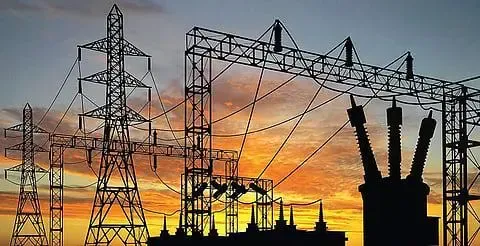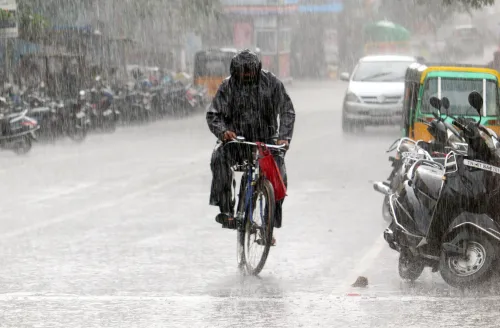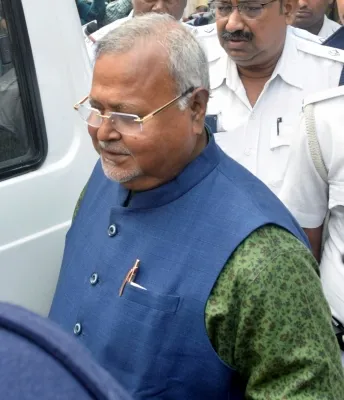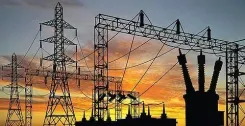Is the Odisha Government Launching a Water Resources Census?
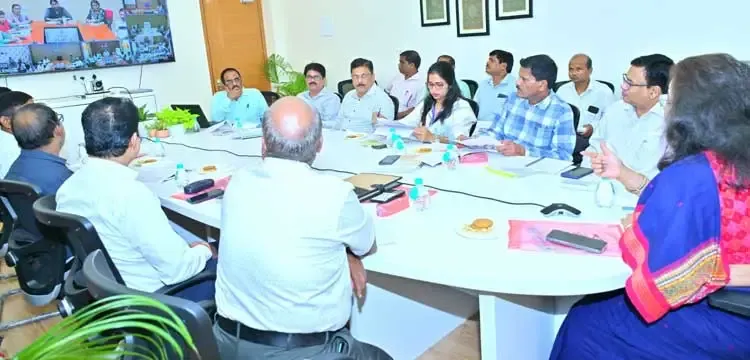
Synopsis
Key Takeaways
- The Odisha government is conducting its first water resources census.
- The initiative aims to compile a detailed database of water resources.
- Collaboration among various departments is crucial for data quality.
- The census will aid in effective planning for irrigation and other sectors.
- Stakeholders are encouraged to work together for successful implementation.
Bhubaneswar, June 2 (NationPress) The Odisha government is set to conduct a census of various water resources across the state for the very first time, as disclosed by an official on Monday.
This census initiative is being undertaken in accordance with directives from the Ministry of Jalshakti, under the Department of Water Resources, River Development and Ganga Rejuvenation.
The census will be executed using Computer Assisted Personal Interview (CAPI) methodologies and a web-based application. It encompasses four key components: the first census of major and medium irrigation, a census of springs, the second census of water bodies, and the seventh census of minor irrigation.
“This initiative presents a unique opportunity for the state to compile a thorough database of all water resources, ranging from the village level to the state level. For the first time, this operation is being conducted in a unified and collaborative manner by the Department of Water Resources and the Planning and Convergence Department. This collaboration between data users and producers is aimed at enhancing the quality of the data,” the statement elaborated.
Development Commissioner Anu Garg oversaw the census initiatives during a review meeting attended by senior officials from various departments including Water Resources, Panchayati Raj and Drinking Water, E&IT, Directorate of Economics and Statistics, Chief Engineer, Minor Irrigation, Odisha Lift Irrigation Corporation, the Central Ground Water Board, and State Groundwater Board.
Additionally, Superintending Engineers, Deputy Directors, and DPMUs from all districts participated in this meeting held on Monday.
The primary focus of the meeting was to ensure the effective implementation of the irrigation and spring censuses to gather high-quality data.
In her review of the census efforts, Garg highlighted the importance of a collaborative and convergent approach among all stakeholders to facilitate comprehensive data collection, which will ultimately lead to the establishment of a thorough database of all water resources.
This database will serve as a vital tool for planning the state's water resources for various purposes including irrigation, industry, pisciculture, and human and animal consumption.
She urged Superintending Engineers, Executive Engineers, and Deputy Directors in Planning and Statistics at the district level to collaborate effectively to ensure the success of this census operation.

